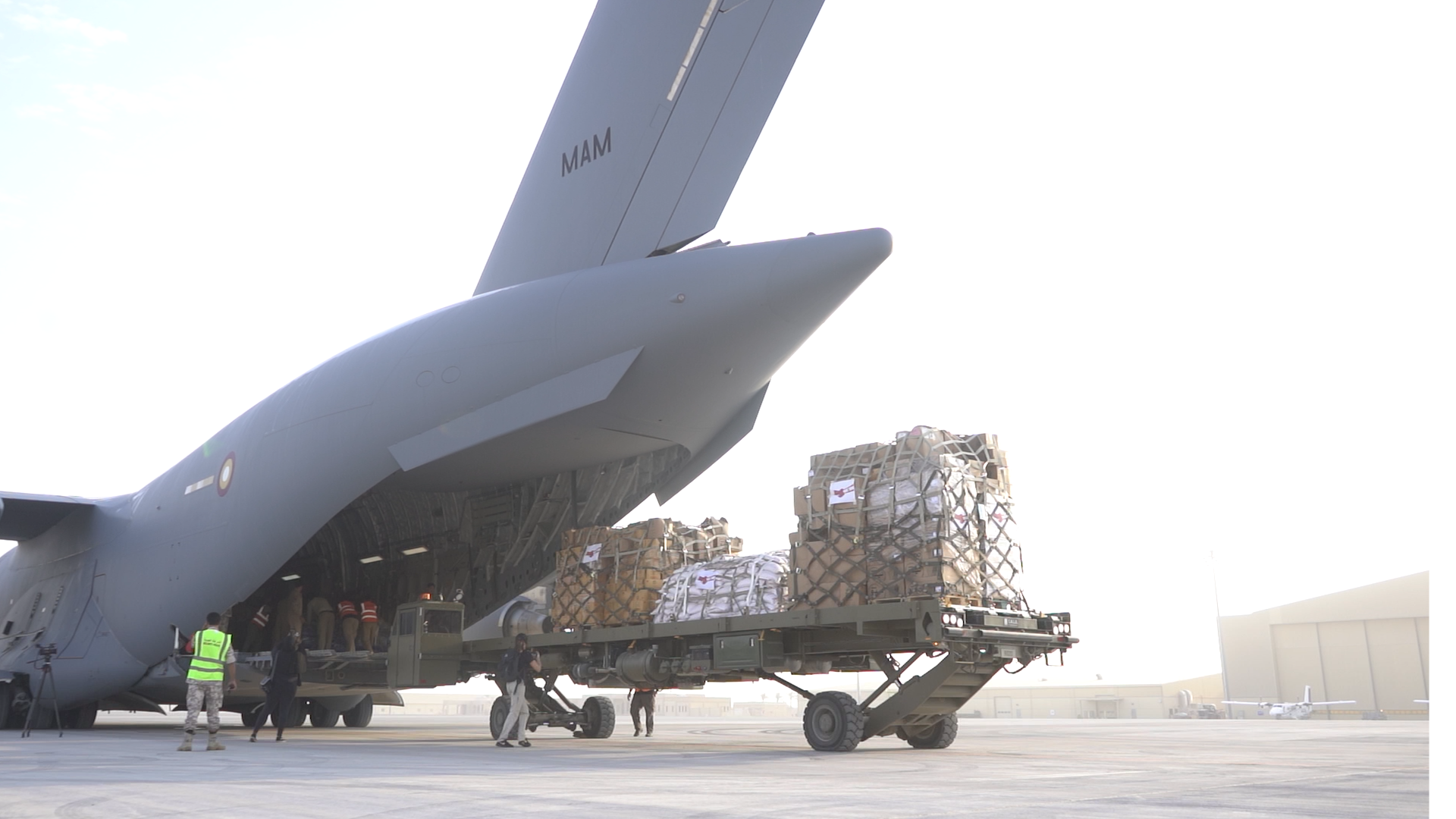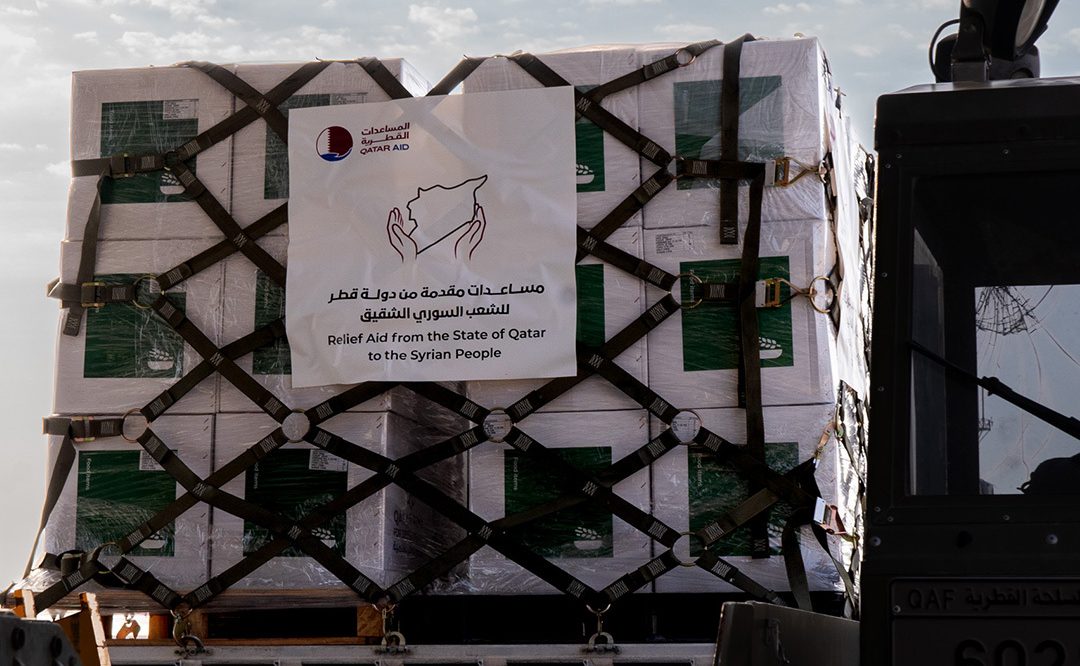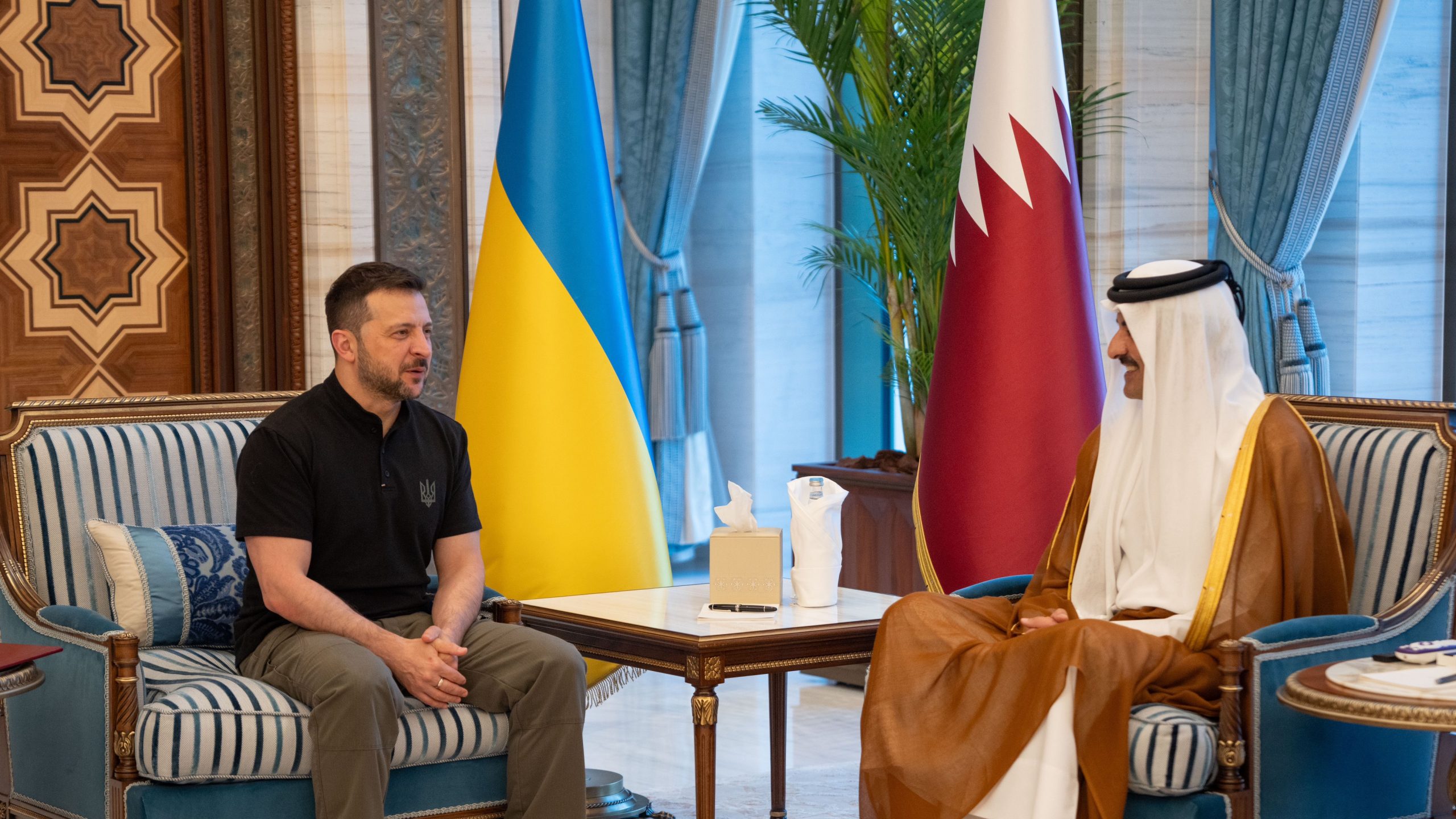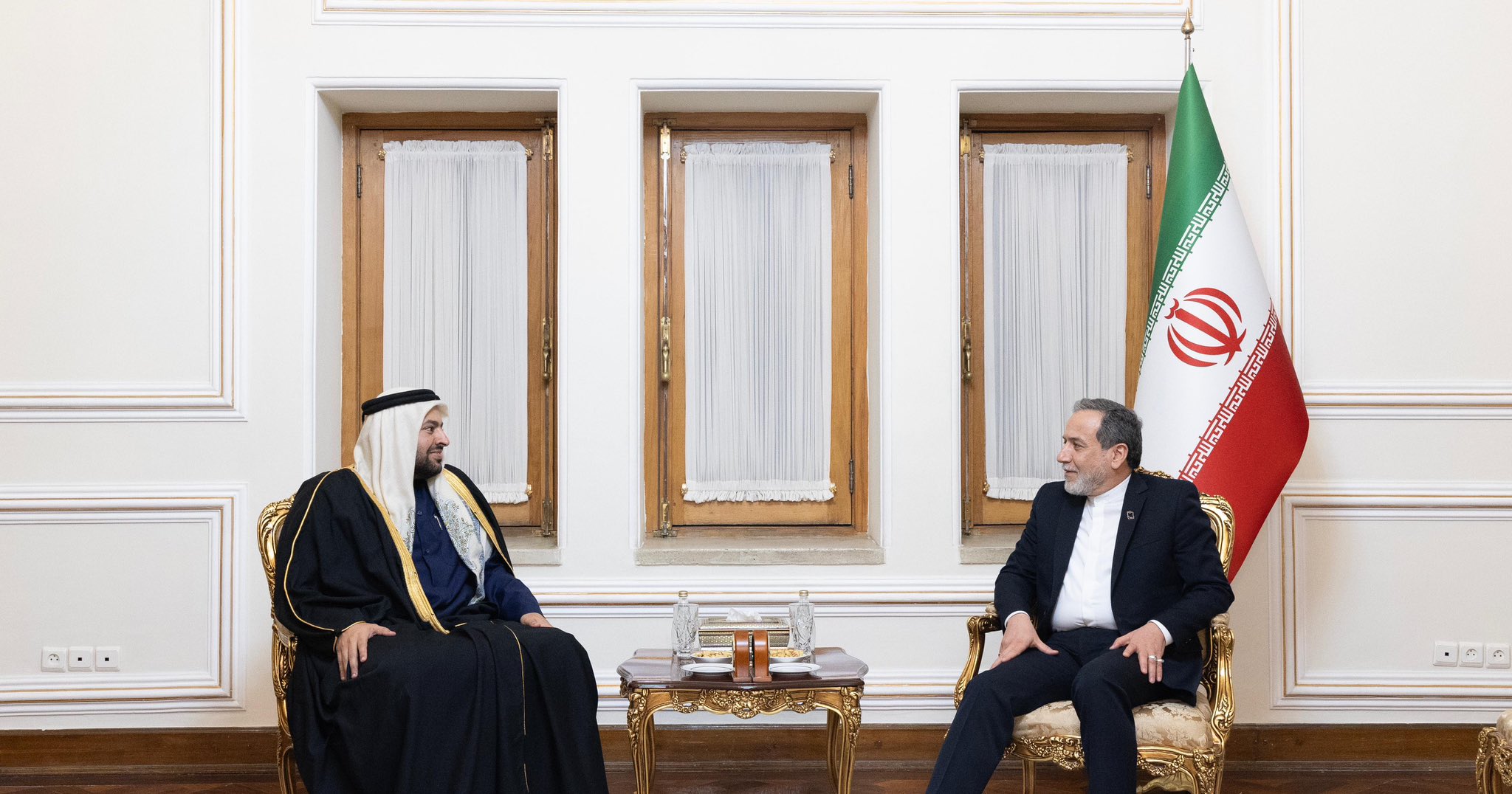Qatar’s foreign minister travelled to Lebanon earlier this week in efforts to help resolve the country’s political crisis.
Qatar sent its first batch of food to Lebanon on Thursday morning as part of its promise to provide 70 tonnes of aid to the military for an entire year.
According to Qatar’s foreign ministry [MOFA] the shipment was sent to Lebanon on an Amiri Air Force aircraft belonging to the Qatari Armed Forces.
The latest donation comes as part of Qatar’s efforts to alleviate some of the burdens on Lebanese authorities as the country struggles with a political crisis that further exacerbated its economic situation, the worst since the civil war.
دولة #قطر ترسل الشحنة الأولى من المساعدات الغذائية إلى الجيش اللبنانيhttps://t.co/5yypvqgHI6#وزارة_الخارجية_قطر pic.twitter.com/bkF3BGQPcK
— الخارجية القطرية (@MofaQatar_AR) July 8, 2021
Beirut has failed to form an effective government since the Beirut blast in August last year, which prompted resignations from several ministers including Hassan Diab, who is now the caretaker prime minister.
On Tuesday, Qatar’s Foreign Minister Sheikh Mohammed bin Abdulrahman Al Thani visited Lebanon, where he met with President Michel Aoun, PM-designate Saad Hariri and Parliament Speaker Nabih Berri.
Tuesday’s visit marked the third such trip of its kind to Lebanon this year by a Qatari official.
Qatar’s foreign minister previously visited Lebanese officials in February to assess the situation in the crises-hit country and the kind of support needed to allow Lebanon to stand on its feet once again.
In April, Diab presented Qatar with a plan during a visit to Doha that outlined ways to help his country contain the damage seen from current crises.
The first part of the plan involved issuing ration cards for at least 750,000 Lebanese families living below the poverty line to create “a safety net” that would rationalise subsidies for food and commodities, Diab said in an interview with Qatar-based Al-Sharq.
“The goal since the October Revolution of 2019 has been to alleviate the burden on the Lebanese community across several aspects, such as food basket, medicine, gasoline prices for cars, diesel for heating and gas for domestic consumption,” he added.
The value of the proposed ration cards would be valued at $1.8 million a month, ranging between $80-to-$160 per month for each family for a year.
The Lebanese official said the second part of the plan includes the provision of fuel in five-year instalments to help the country with its current fuel crisis.
A deepening crisis
Lebanon is now grappling with its worst economic crisis in years, which worsened following the coronavirus outbreak as well as the deadly explosion at Beirut port.
According to the World Bank, the financial crisis could rank among the world’s three worst since the mid-1800s, with the Lebanese currency losing more than 90% of its value in the black market and facing a spike in unemployment.
The people of Lebanon are also struggling with a fuel shortage, with many waiting in long lines at gas stations to fill their cars. Lebanon’s producer Électricité du Liban [EDL] has faced difficulties in supplying the country with electricity.
Read also: Qatar ‘ready to support Lebanon’ on all levels to end crisis: Lebanese presidency
Several residents have also reported blackouts as generators continue to run out of fuel.
Meanwhile, pharmacies have also run out of medicine and baby formula, forcing them to ration the products.
The crisis was exacerbated in October 2019, when plans to impose taxes on internet-based calling services such as WhatsApp, triggered mass demonstrations that were followed by the resignation of former Prime Minister Saad Hariri.







